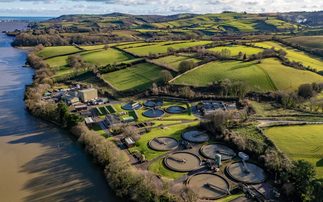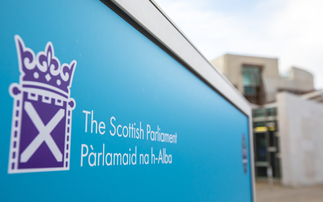It's not often that a Prime Minister overrules his two principle economic departments to support an environmental objective. The fact that David Cameron has done so on UK carbon budgets should leave no one in doubt that he is serious about the low carbon direction of the UK economy, but it's also instructive to understand what influenced the PM's intervention.
We think there are three factors. The most obvious is that the PM accepts a low carbon economy is good for Britain. In a recent letter to Green Alliance on the issue he confirmed this: ‘"The transition to a low carbon economy is a priority not only because it provides significant growth opportunities for UK business and opportunities for job creation but also because of the benefits to energy security." This is consistent with his position in opposition, but it's the first time he has made the case since becoming PM.
The second factor is that it is good politics. The strong support of wildlife, environment and development charities, and the unthinking opposition of a Liberal Democrat business secretary, provided an opportunity for him to occupy the centre ground and surprise a sceptical public that he cared.
But the final reason is the most telling. The quality of the arguments and evidence against accepting the Climate Change Committee's advice was risible. If the PM had accepted the BIS case for a looser target he'd have opened up the decision to legal challenge.
Cable was lobbied heavily by the steel industry who are concerned about the impact of rising prices on their competitiveness. This is a real issue for a small number of energy intensive businesses, but BIS overplayed the issue with wild claims about the impact of carbon reduction on the economy, and discredited their case.
In the end officials in No10 accepted that the Climate Change Committee's carefully constructed evidence trumped the doom-mongering at BIS and HMT, and the PM grabbed the opportunity to show leadership. BIS may be tempted to talk up the budget review as a get-out for its producer interests, but unless something changes dramatically at the EU level the review will provide them with no new evidence to change the budget.
As far as BIS is concerned, Vince Cable would do better to celebrate the fact that the UK has just distinguished itself as the best place to invest in low carbon technology and infrastructures and to maximise the advantage for British business.
It's a good day for those who want Britain to re-invent itself as the home of high-tech engineering, modern infrastructure and a more resilient economy. It's a good day for evidence based policy making.
Matthew Spencer is director of Green Alliance







